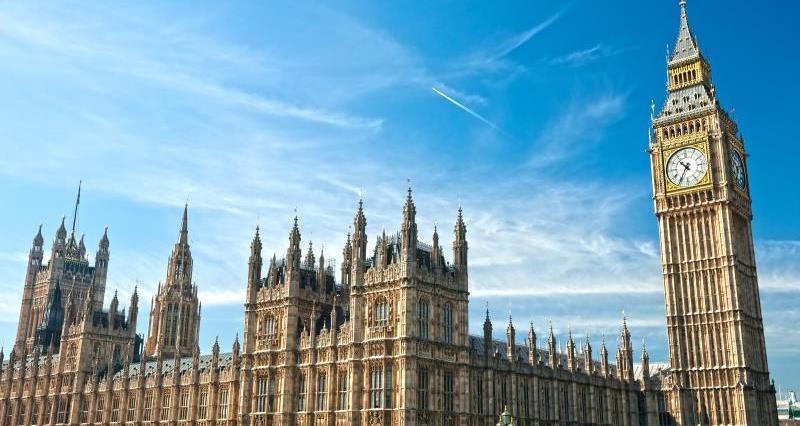You can view the call for evidence at the UK Parliament website:
On this page, we provide an overview of the points we made in our submission.
NFU members: You can also download and read our full submission document: NFU response: Scrutiny of trade deals
What is the inquiry about?
In the UK, the government negotiates, signs, ratifies, and withdraws from treaties under the royal prerogative. This means that Parliament does not have a legal role in setting the negotiating objectives for an agreement, monitoring the progress of negotiations, or overseeing the implementation of a trade deal. Since 2010, Part 2 of the Constitutional Reform and Governance Act 2010 (CRAG) defines the role of the Parliament in the approval of treaties.
Under CRAG, once Parliament is presented with the finalised version of a treaty (which includes trade agreements) by the government, both Houses have 21 sitting days within which to scrutinise the treaty. During this time either House can agree a motion that the treaty should not be ratified, or if no motion is passed against it, the treaty is automatically ratified at the end of the 21-day period. In this process, only the House of Commons can delay ratification of treaties, which makes its lack of activity in scrutinising recent trade agreements a concern.
What is the NFU's position?
We believe that early and ongoing engagement on trade negotiations between government and Parliament is crucial in concluding trade agreements with widespread support and a high degree of legitimacy.
In our response we set out several measures that we believe should be introduced to improve the scrutiny of trade deals and accountability to Parliament:
- Parliament should have a 'yes/no' vote following a debate, once a finalised treaty has been agreed by the UK government, to decide whether that treaty as drafted should be approved or not.
- Parliament should agree to the negotiating mandate before negotiations commence, and should be kept updated and consulted throughout the negotiations.
- The devolved administrations should also be consulted throughout the negotiating process, including with respect to draft texts of agreements.
- Stakeholder engagement should involve a higher degree of information sharing, under non-disclosure agreements only where necessary, to ensure proper two-way communication throughout negotiations prior to trade deals being signed.
- An comprehensive economic impact assessment should be published prior to negotiations starting.
What do we know so far?
皇家华人conducted an assessment of the trade agreements signed between the UK and other countries or trade blocs between January 2019 and March 2021 to understand how the UK’s trade scrutiny arrangements have operated in practice. Of the 33 agreements signed during this time:
- Only one has been considered and reported by a House of Commons Committee, namely the UK-Japan Agreement, which was also subsequently debated by the House.
- The House of Lords has, through its committees, looked at all of these agreements, but only 10 have been debated. A further four were not debated despite recommendations that they should be.
- Neither House is yet to produce a motion stating that a treaty should not be ratified.
Why is scrutiny of agreements so important?
The UK is now on the verge of securing new trade deals with a large number of significant trading nations, including Australia, New Zealand, USA, India, Canada and Mexico, as well as acceding to the 11-member Trans-Pacific Partnership regional trade agreement. The potential impact of these deals is enormous, and it is vital that the government takes note of the lessons of the past – that the British public and British businesses do not like decisions that affect their lives and their livelihoods being taken without the close and direct involvement and oversight of the UK Parliament.
